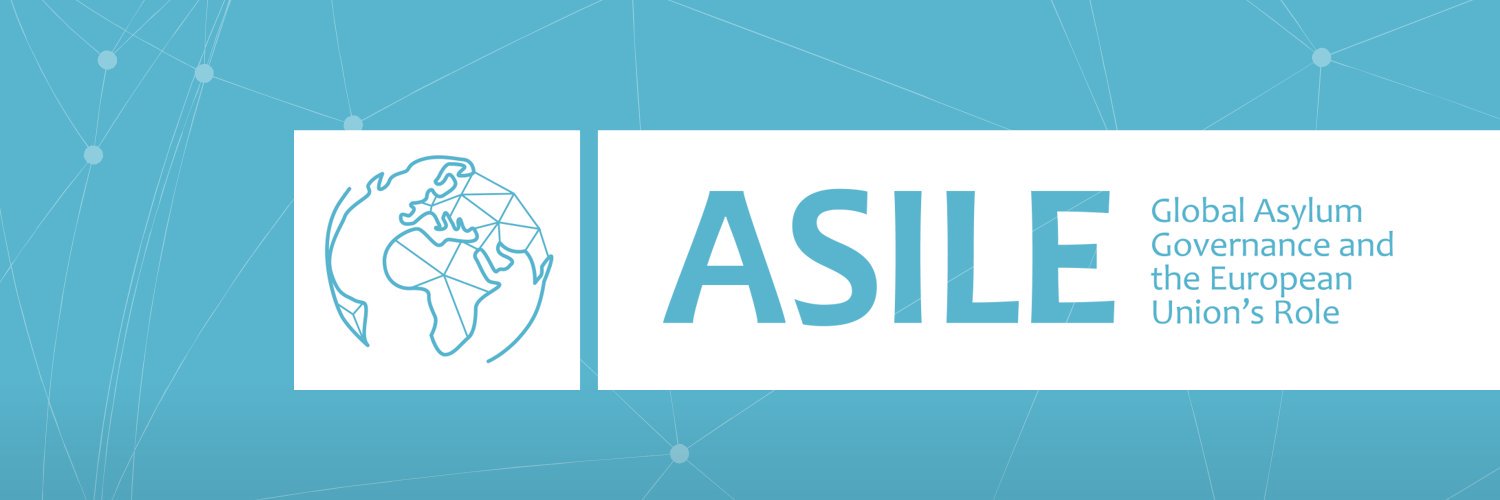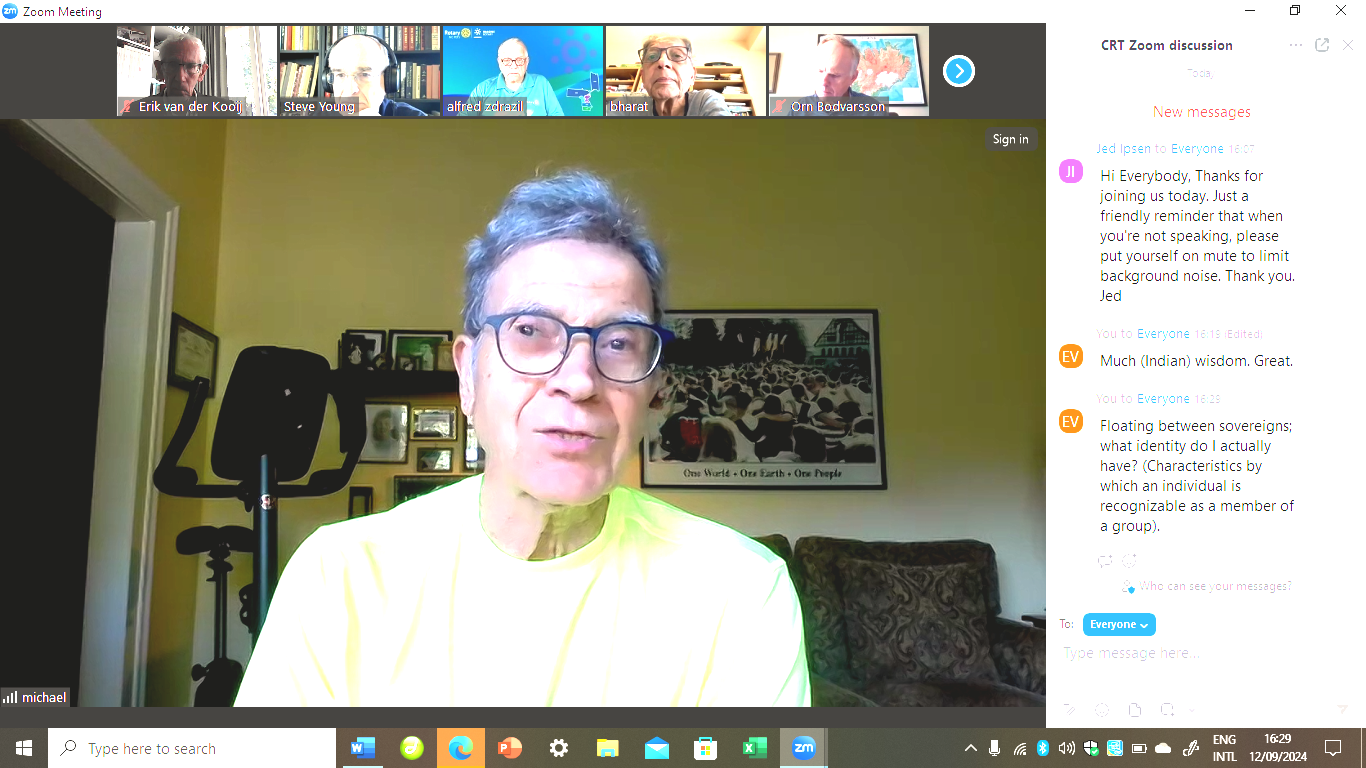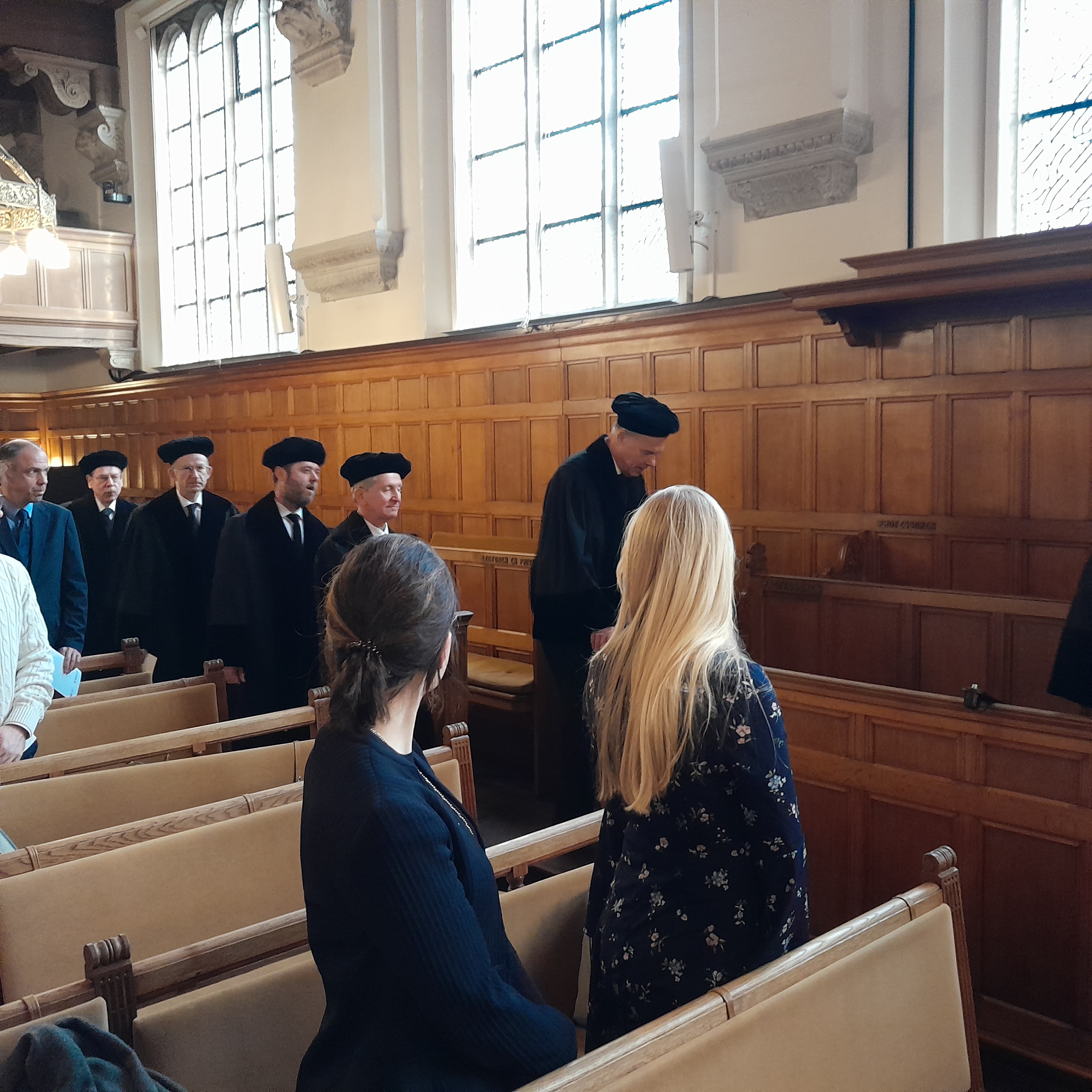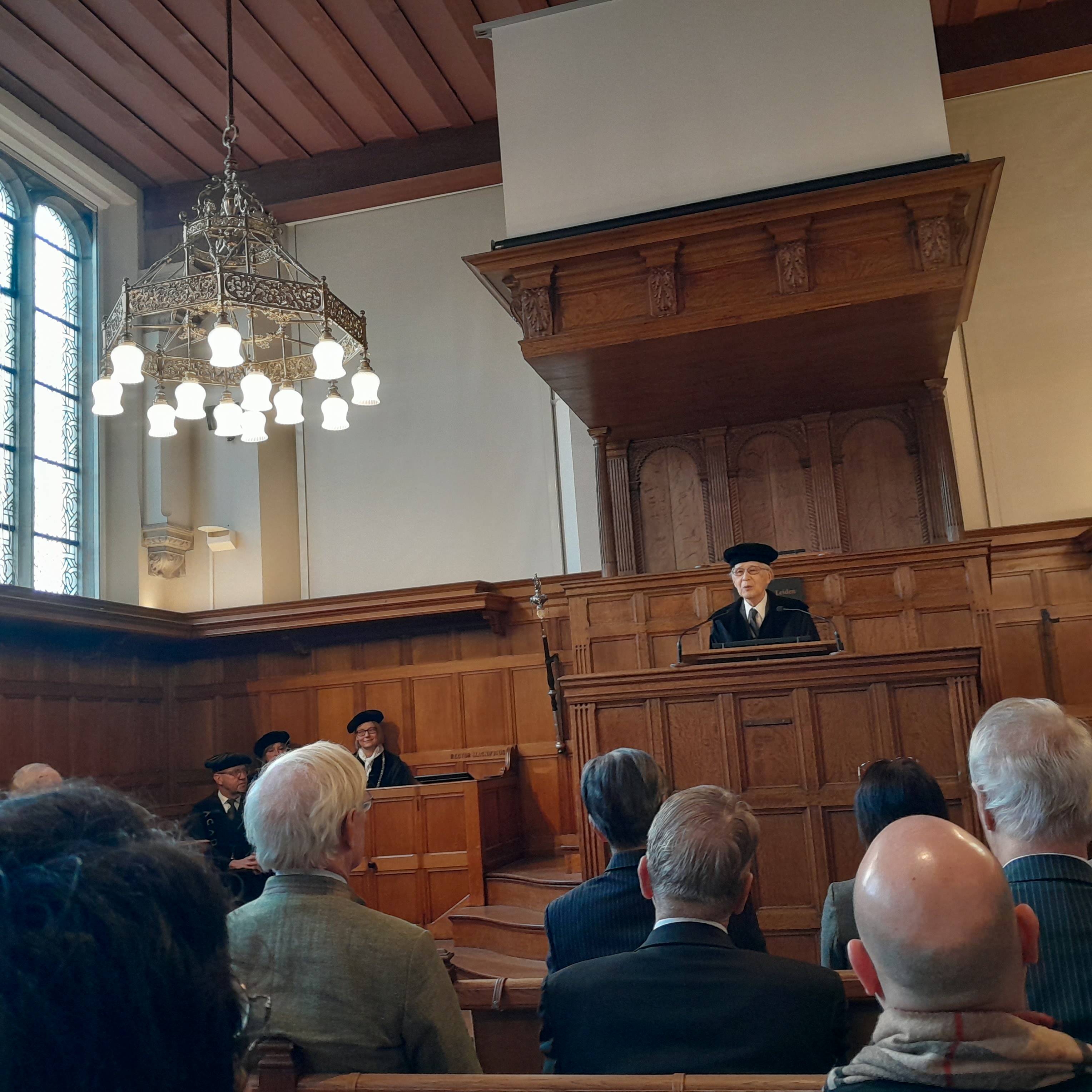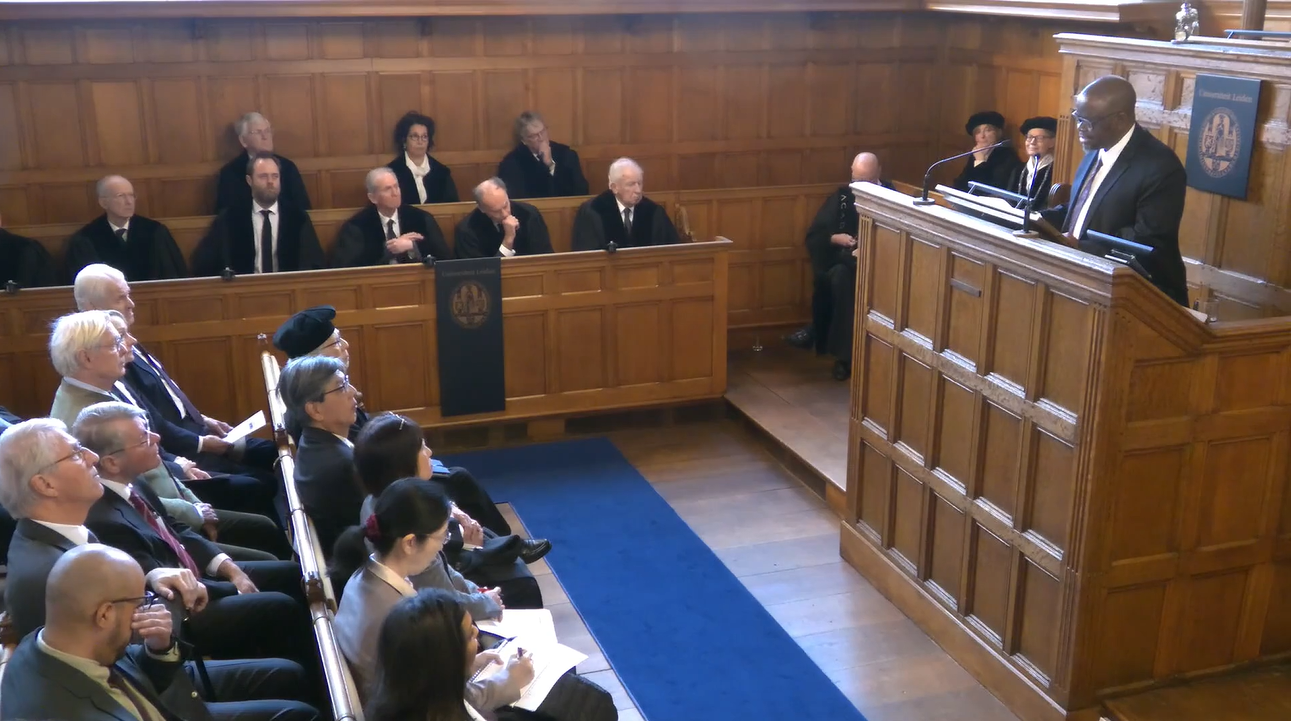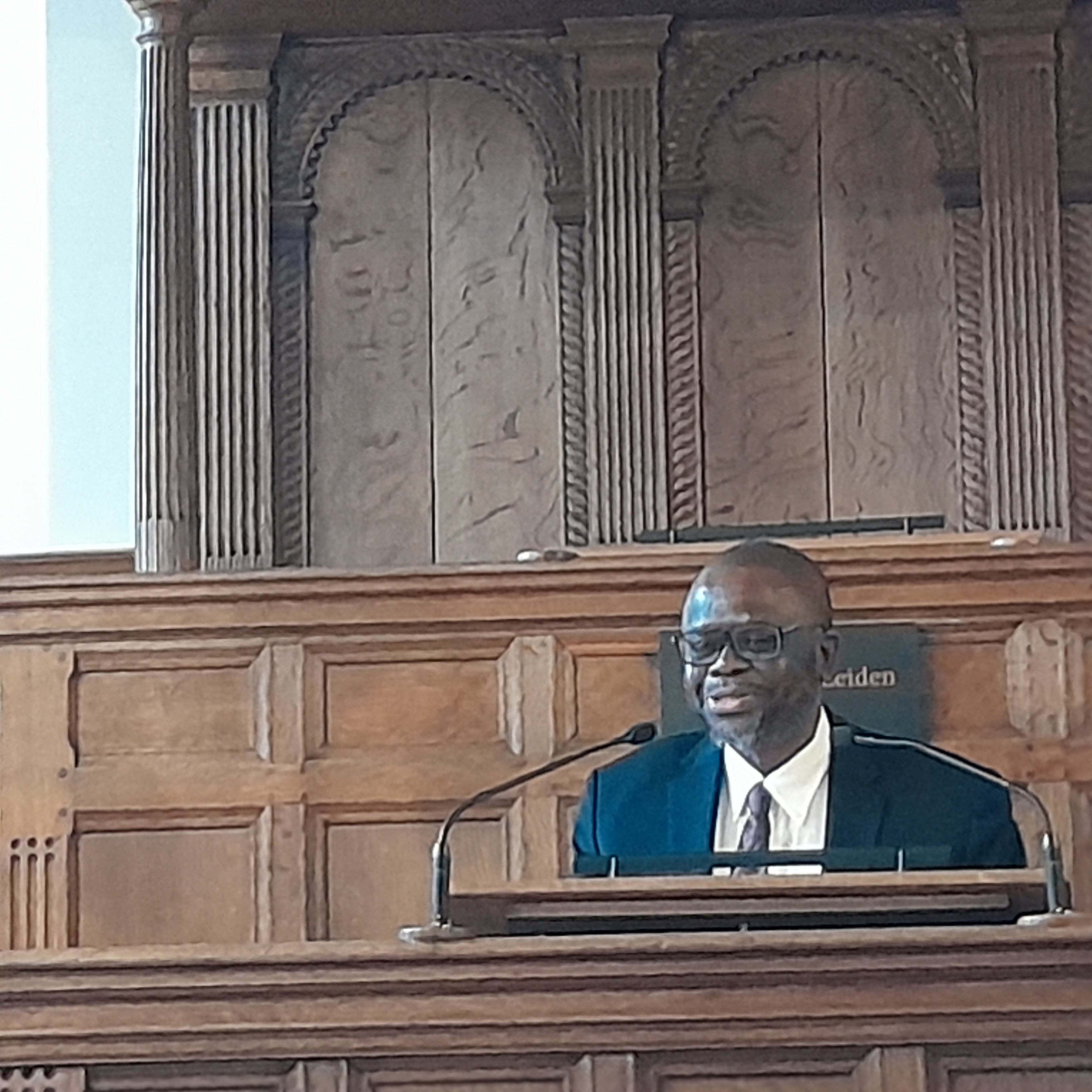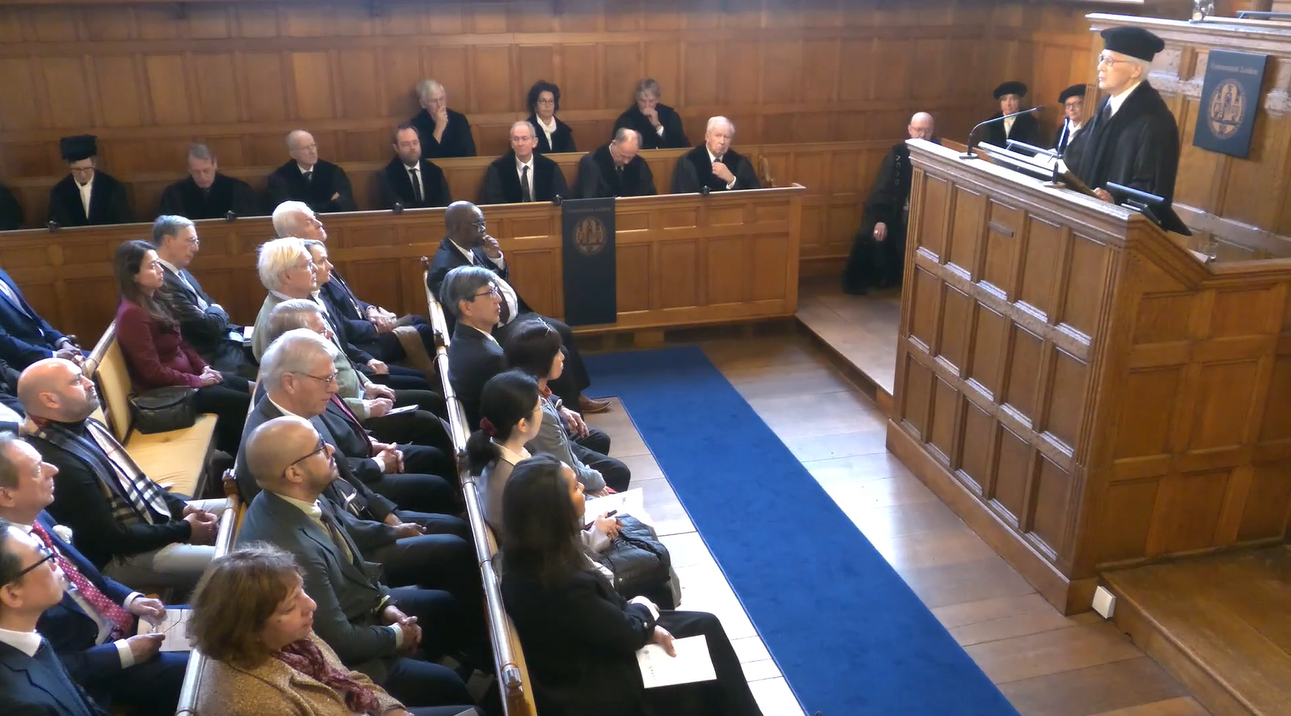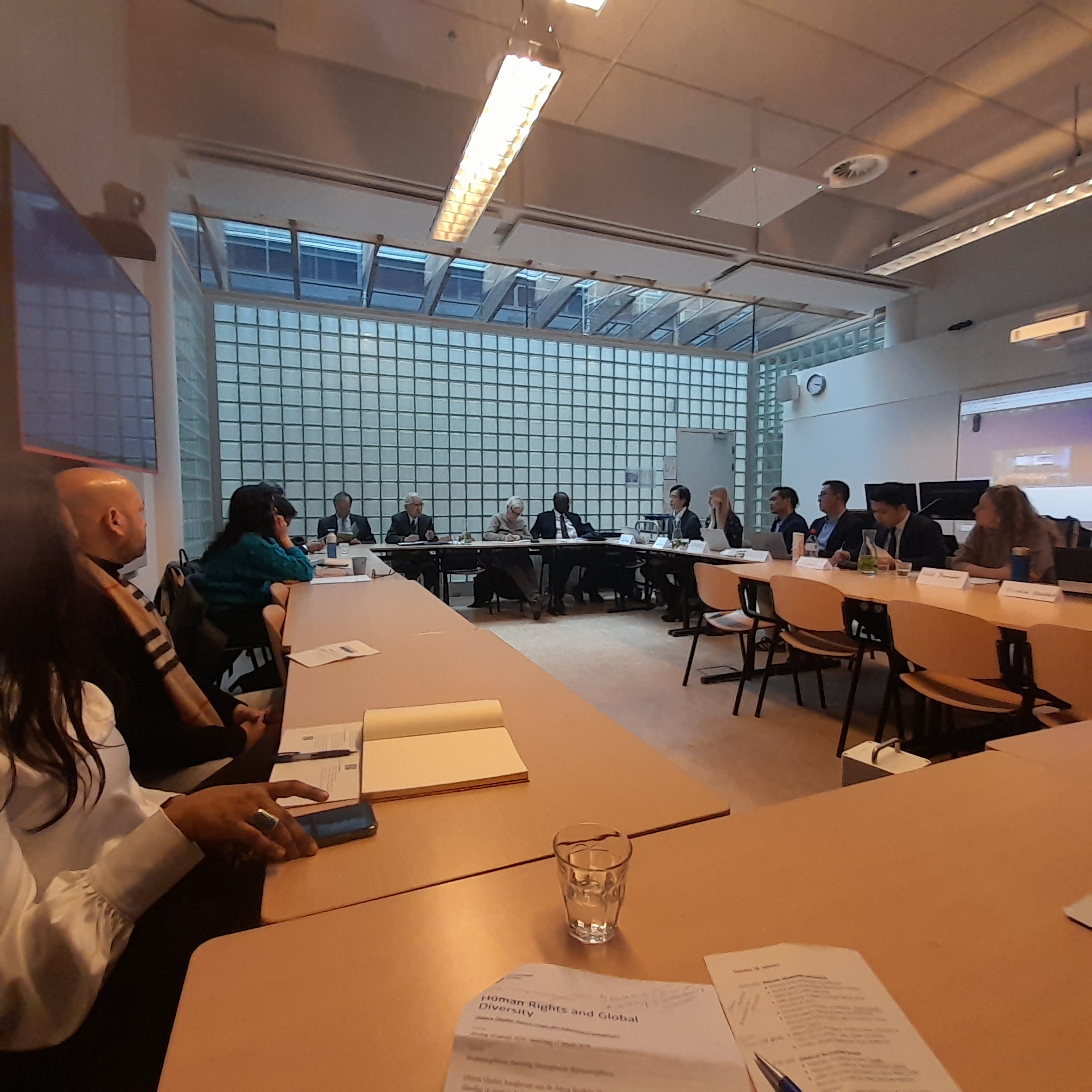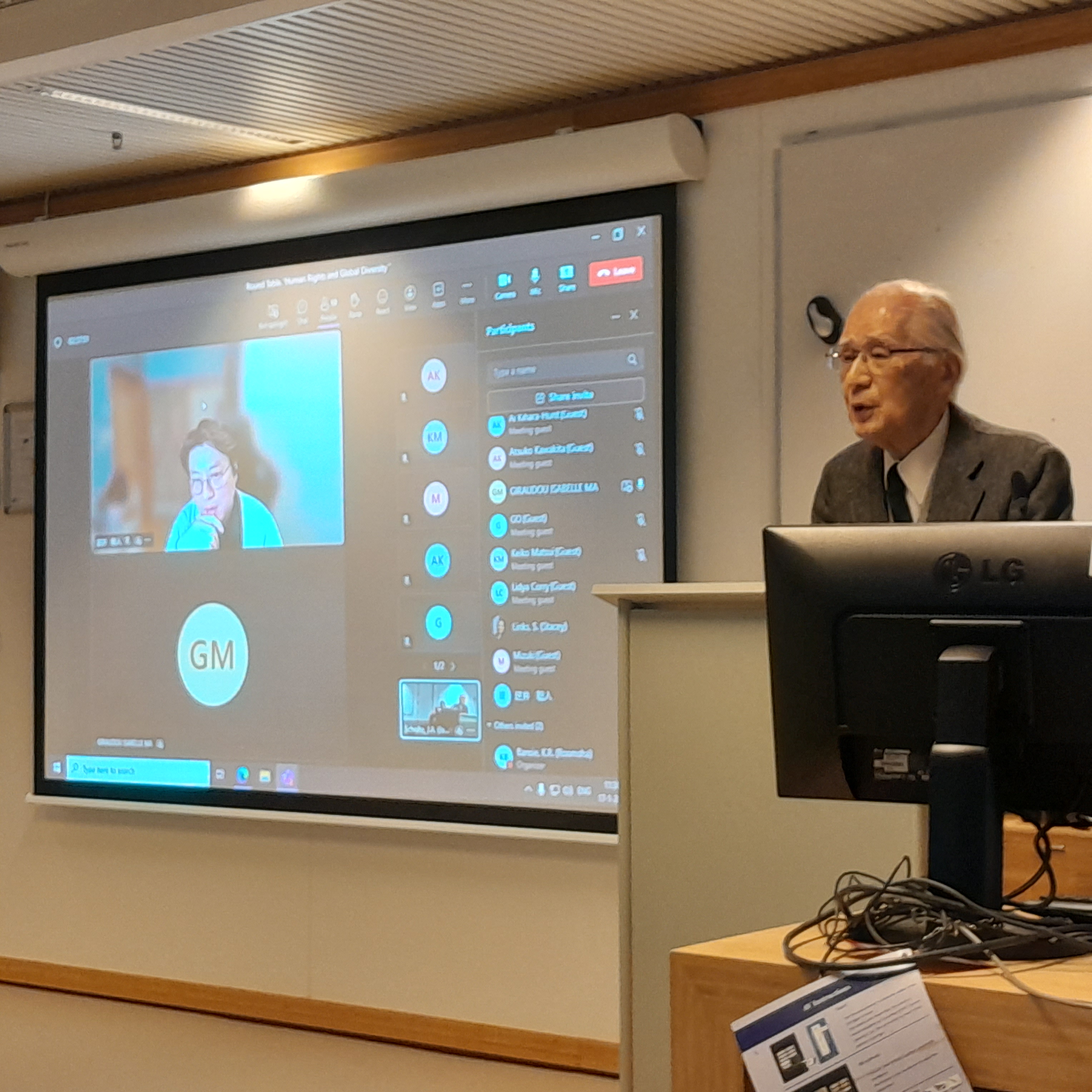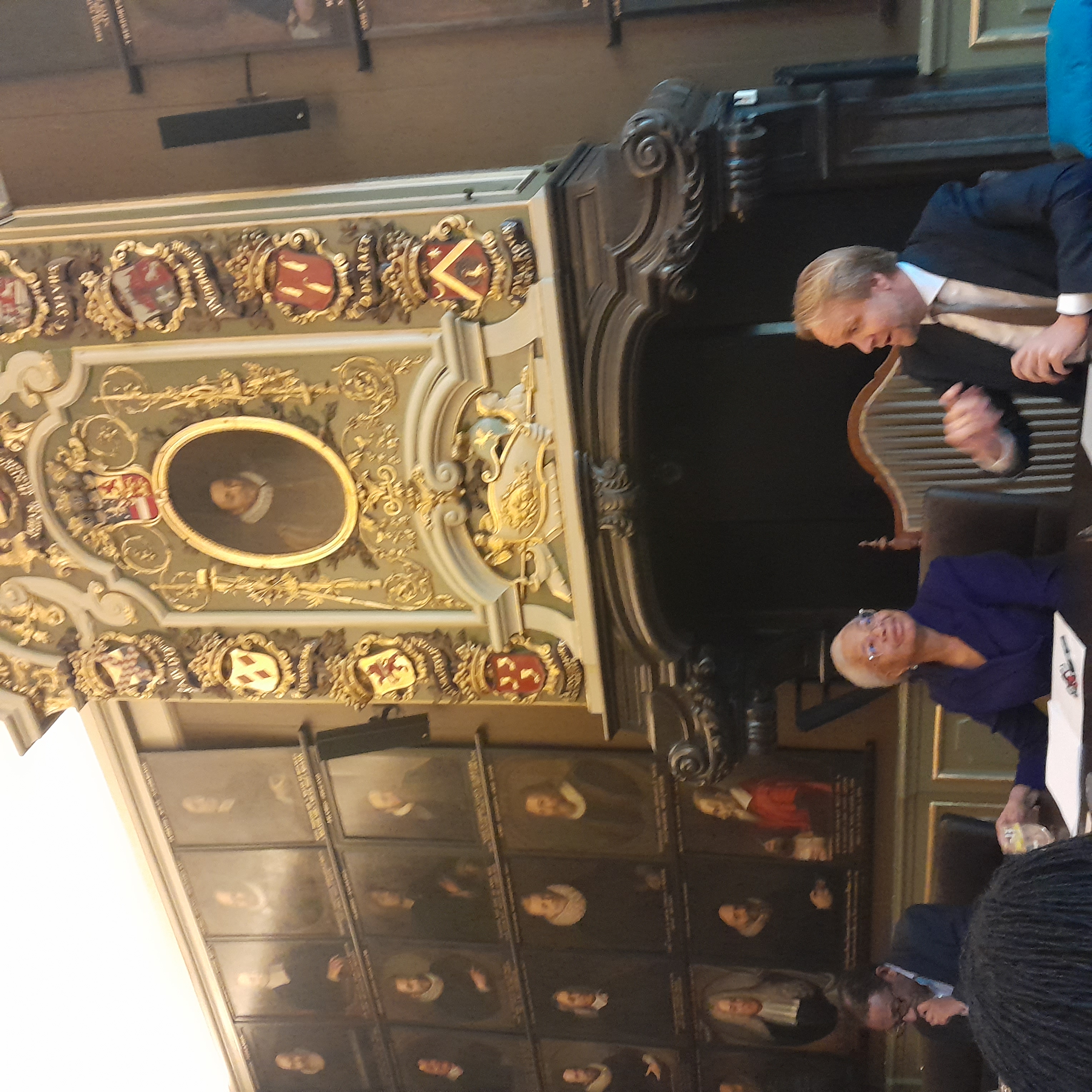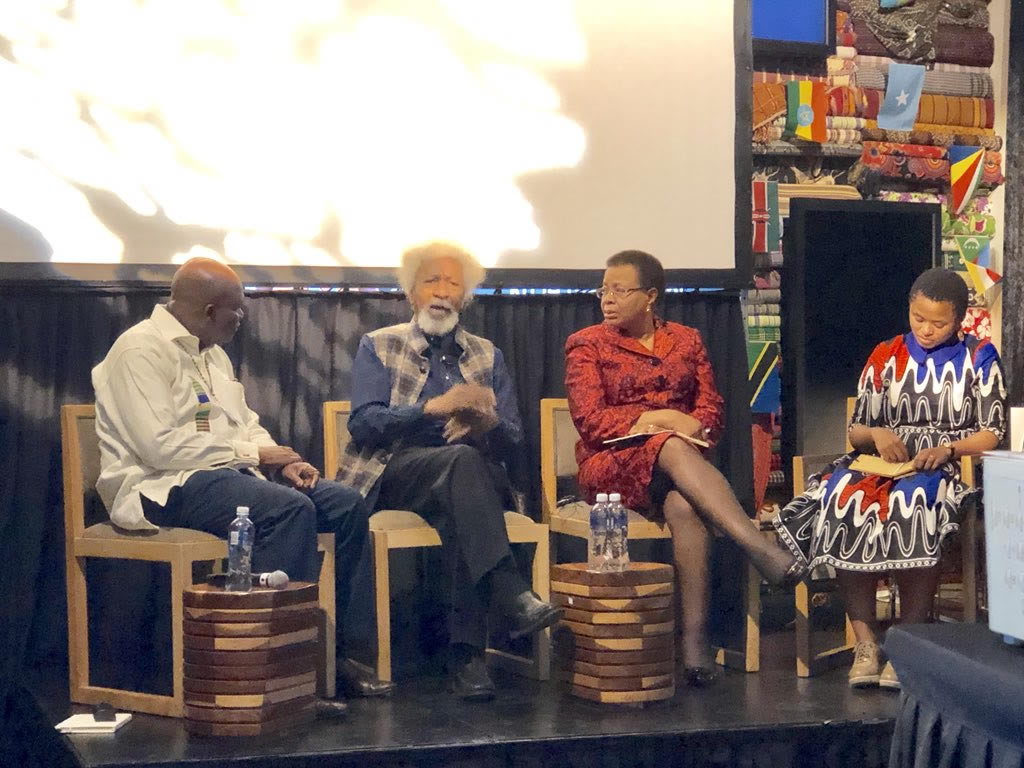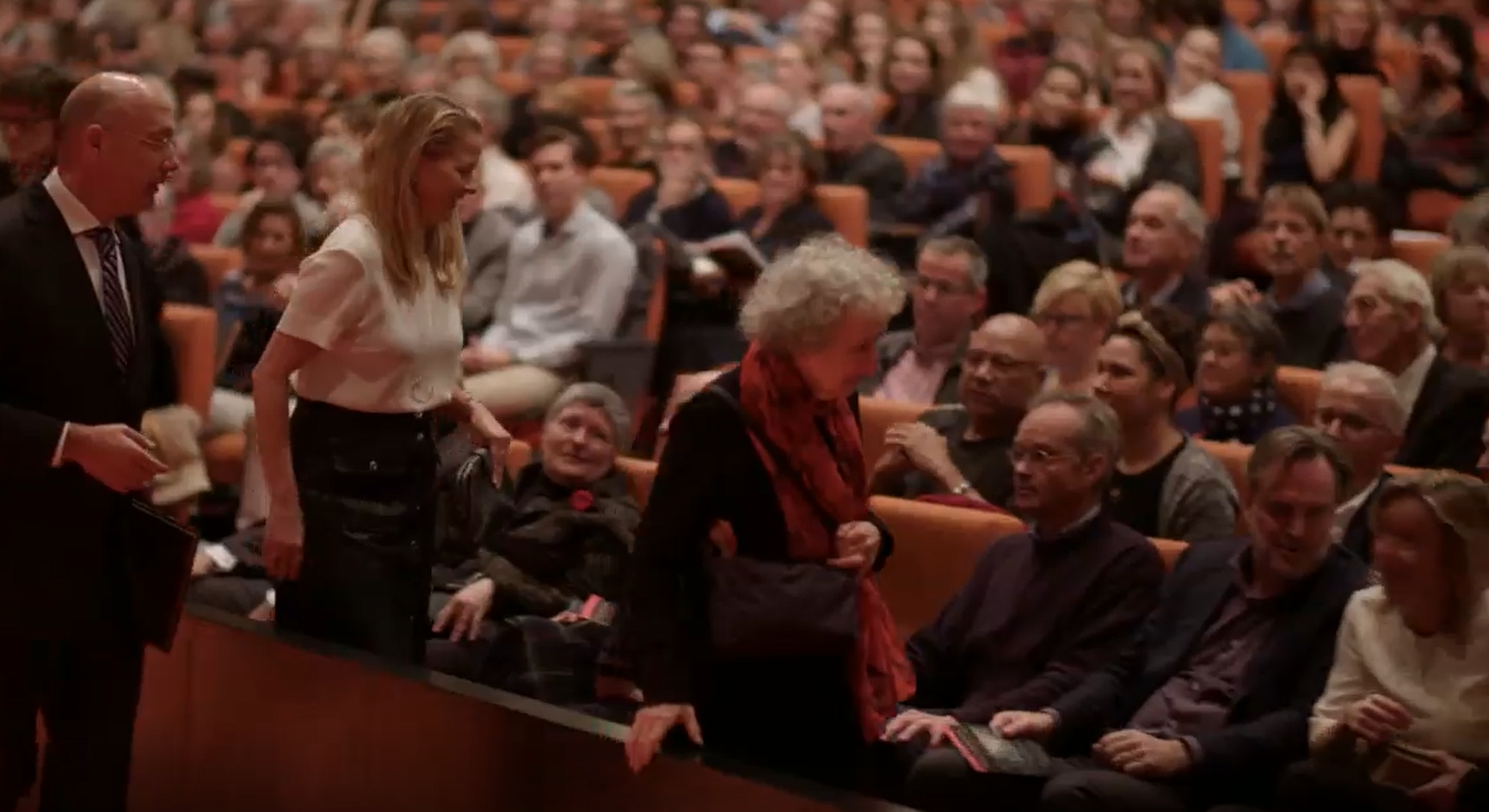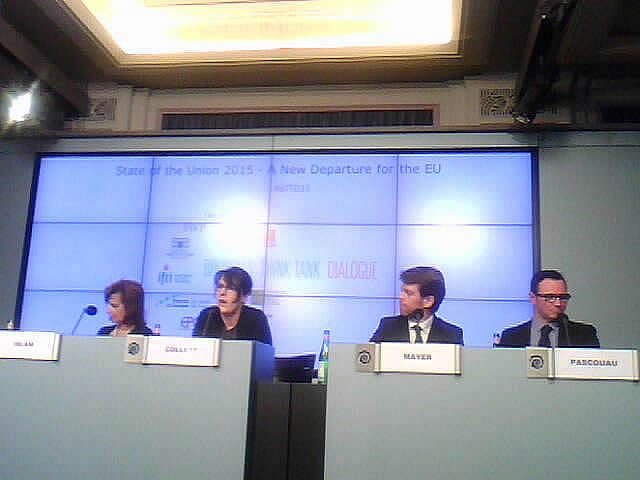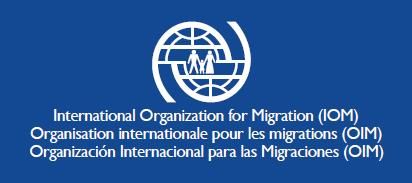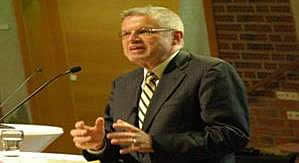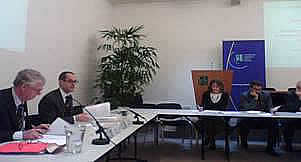On 17 December 2010 there is a public self-burning in Sidi Bouzid in Tunesia. This action is the beginning of a mass protests against Tunesian government. Consequence is a chain reaction, by which rises a revolt in the greater part of the Arab world. The political unrest seems to originate flows of migration to countries around and to the EU.
The Italian island Lampedusa has already to do with large flows of refugees from North-Africa since the nineties. Another place to arrive is Malta. Refugees are for the greater part Tunesian, but also Libyan and other North African migrants have joined immigration-flows. In fact there is a continued migration flow from Africa, especially from out economic intentions.
Italy tries to pressure other EU member-states by giving humanitarian visa to Tunesian migrants. In doing so, much fuss occur between France and Germany and on the other hand with Italy. Also other member-states join the discussion. Italy and Malta in the mean time has received EU support through Frontex-missions. Italy however, wants also support from other member-states to meet migrants.
|
In a bold new step towards ensuring human rights protections for citizens across the European Union, the EU reached an agreement with the Council of Europe which will see the European Union’s accession to the European Convention on Human Rights (ECHR). All Member States of the EU are party to the Convention and as such all persons within their jurisdiction, having exhausted domestic remedies, are permitted to take their grievance to the European Court of Human Rights. But with the EU itself not a party to the Convention, persons could not directly bring cases neither against the EU nor against the EU institutions, if, for example, their rights were encroached upon by an EU act, measure or omission.
The ECHR protects the fundamental civil and political rights of persons living in states that are a party to the Convention and through the European Court of Human Rights provides an enforcement mechanism to realise this goal in the margins of the Council of Europe, the international organisation founded in 1949 under which the European Court of Human Rights and the ECHR operate. Extending the right of referral to the court to European citizens against acts of the EU closes the gap in legal protection of fundamental rights in Europe.
Accession to the ECHR has become a legal obligation for the EU under the Lisbon Treaty. EU accession to the ECHR is a major step for the EU, leading to enhanced accountability and credibility both internally and externally ("practice-what-you-preach"). The Union will subject itself to external judicial control in the light of the rights guaranteed by the Convention and triggered by an individual application. This means that any person claiming to be a victim of a violation of a right guaranteed by the ECHR by an institution or body of the Union is able to bring a complaint against the Union under the same conditions as those applying to complaints brought against Member States.
Accession negotiations started in 2010 in the margins of the Steering Committee for Human Rights of the Council of Europe, firstly, in the format of an expert group and as from June 2011 in the format 47+1 (47 Council of Europe Member States + EU negotiator). From early on, the guiding principle was that the EU as the 48th party acceding to the ECHR should join on an equal footing with other contacting parties with the same rights and obligations, and should have, for example, its own judge in the Court as well as the right to participate in the Council of Europe bodies as regards Convention related functions with a right to vote. However, by definition, the EU joining as the 48th member, as a non-state entity with a distinctive legal system and a judicial system of its own, on top of its 27 Member States, paved the way for cumbersome and technically complex discussions.
For example, in line with the current voting rules the EU and its Member States would have majority in the Committee of Ministers of the Council of Europe when it supervised the execution of judgments. The EU could vote to block the adoption of decisions potentially unfavourable to it. Therefore for the proper functioning of the supervision system rules were needed to mitigate the effects of block voting. What ensues from the negotiations is a complex system, combining levels of majorities with levels of minorities for different types of decisions but the essential objective of ensuring a voting right for the EU on a par with other Contracting Parties seems to have been ensured.
On 5 April 2013 the negotiation team finalised the draft accession agreement of the European Union to the European Convention on Human Rights. The Secretary General of the Council of Europe, welcomed the agreement reached by the negotiators: “This is a decisive step, paving the way to EU accession to the European Convention of Human ights. It will contribute to the creation of a single European legal space, putting in place the missing link in the European system of fundamental rights protection".
Amnesty International’s Brussels Office praised the move as a “ground-breaking step for human rights protection”, with Nicolas Berger affirming “we welcome this initial agreement as a key landmark for ensuring coherence in human rights protection and accountability for human rights violations in Europe.
After endorsement by the Steering Committee on Human Rights, the text of the Agreement will be submitted to the Court of Justice of the European Union to assess the compatibility with the EU Treaties and to the European Court of Human Rights. Political institutions of the two organisations need to approve the text and the EU would have to adopt internal rules laying down modalities for the EU post-accession. Least but not least the Agreement needs to be ratified by the 47 contracting parties of the Convention. Thus, before accession is to become a reality there are still several legal and political hurdles that need to be overcome. However, with the agreement at negotiators' level an important step in that direction has been taken.
|
In the context of free movement of people in the EU, European Movement (UK) published in June 2013 a notible article on the claims of "systematic" and "fruent" abuse of the achievement, due to claims that 4 Member States made of “systematic” and “frequent” abuse. In a letter sent on 23 April 2013, the British Home Secretary and the Ministers of Interior of Austria, Germany and the Netherlands raised concerns with their fellow Member States about systematic and frequent abuse of the right to free movement by certain EU citizens. The letter spoke of the strain placed on host societies by EU citizens who allegedly move to other Member States to claim benefits and called for immediate measures to combat fraud and systematic abuse. On 15 October 2013, facts & figures were published on the free movement of people in the EU.
A report by the European Commission shows that the vast majority of EU citizens move to another EU member state to work. Overall, most recent data do not suggest that "welfare tourism" or exploitation of the benefits system is a significant problem among mobile EU citizens:
- In most Member States mobile EU citizens represent less than 4% of the total population.
- In 4 Member States (Ireland, Belgium, Spain and Austria) they represent 5-8% of the total population.
-
In 2 Member States (Cyprus and Luxembourg) mobile EU citizens represent >10% of the total population (Luxembourg = 39%).
-
78% of all the 14,1 million mobile EU citizens were of working age (15 to 64), compared to a share around 66% amongst nationals (European Commission).
-
More than 77% of working-age EU mobile citizens were economically active, compared to less than 72% amongst nationals (European Commission).
-
68% of working-age mobile EU citizens were in employment, compared to 65% amongst nationals (European Commission).
-
GDP of EU-15 estimated to have increased by almost 1% in the long-term as a result of post-enlargement mobility (2004-2009) (European Commission).
-
Recent intra-EU mobility flows generated an overall income gain of around 24 billion euros for EU citizens (European Commission).
There is no evidence of mobile EU citizens representing an excessive burden on social security systems in the host Member States.
While debate on EU citizens' mobility as well as on measures to combat any fraud in that respect is to be welcomed, it is questionable whether the letter approached any perceived or existing problem from the right angle. First of all, while speaking of "a significant number of new immigrants drawing social assistance in new countries" and of "considerable strain by certain immigrants from other Member States", the letter fails to provide factual evidence or data to clarify the nature and scope of the problem that the Ministers are referring to. This raises some doubts as to whether the problem that the letter tries to address is as large-scale as implied in the absence of concrete data. Furthermore, the letter addresses free movement of EU citizens but speaks of EU citizens in terms of immigration. As a question of principle there should be no ambiguity about the status and different sets of rights of EU citizens and third-country migrants.
The right of EU citizens to move and settle within the EU, whether for economic or other purposes, is fundamentally different from the possibilities offered to non-EU nationals who are subject to immigration rules.
|
|
E |
E
U
R
-
L
e
x |
RUSSIA ATTACKS EU ON HUMAN RIGHTS RECORD
07.12.12
BRUSSELS - Xenophobia, racism, and neo-Nazism are among a long list of human rights violations frequently committed in the EU, according to a report released by the Russian Federation on Thursday (6 December).
“All this is in an obvious contradiction with the EU claims of being the model and often the 'supreme arbiter' as far as human rights and democratic freedoms are concerned,” states the 66-page report, published in English on Russia’s ministry of foreign affairs website. The report says the European Commission and member states play lip service to human rights abroad but are reluctant to tackle problems closer to home.
“No progress in solving the EU internal issues and occasional lack of political will are in a stark contrast with the way the European Union lectures other countries,” says the report. It notes that the commission’s investigation into “undemocratic reforms in Hungary has been virtually "soft-pedaled". Lithuania, Poland and Romania, suspected of harbouring secret CIA prisons on their territories in the early 2000s, obstruct independent investigations into the allegations, it says. Attacks and discrimination against minority groups like the Roma, large-scale human trafficking, drop in press freedoms, and growing anti-immigration sentiment are also cited.
The report also lists the member states that have not signed up to key human rights multilateral treaties. Ireland and the Czech Republic, it says, do not participate in a convention against child prostitution, child pornography and sale of children.
The report also analyses member states individually. It claims there is unlawful detention of migrants in France, that Denmark breaches international legal norms by refusing to provide asylum to refugees from Afghanistan, and that Sweden disregards the rights of the child.
The Russian Federation, says the report, is willing to help the EU improve its human rights record through “a constructive dialogue of equals".
Meanwhile, human rights organisations in Russia funded by foreign entities could risk administrative fines or imprisonment if they refuse to label themselves as “foreign agents”. Moscow-based Memorial Human Rights Centre, which won the European Parliament’s Sakharov Prize for Freedom of Thought in 2009, said it refuses to comply with the law which came into force on 21 November.
Meanwhile, Russia’s human rights violations have not escaped US congressional scrutiny. The senate overwhelmingly passed a bill on Thursday that would ban Russian officials involved in corruption and human rights violations from travelling into their territory.
It also freezes their assets. The bill 'Magnitsky Act' is named after the Russian lawyer Sergei Magnitksy who died in prison in 2009 after exposing a tax fraud scam involving high-ranking officials in Russia’s interior and tax ministries.
Russian authorities were quick to deride the legislative act, calling it “something out of the theatre of the absurd”. Moscow is threatening to introduce its own version of the bill, banning American officials involved in human rights abuses.
The so-called Magnitsky Act is tied to a larger measure that aims to normalise trade relations with Russia following its August entry into the World Trade Organisation.
|
|
